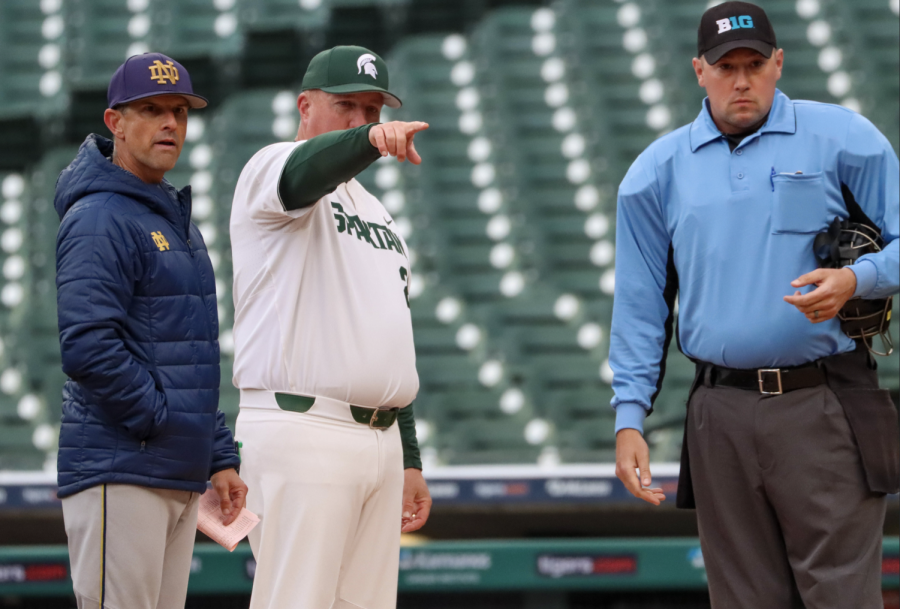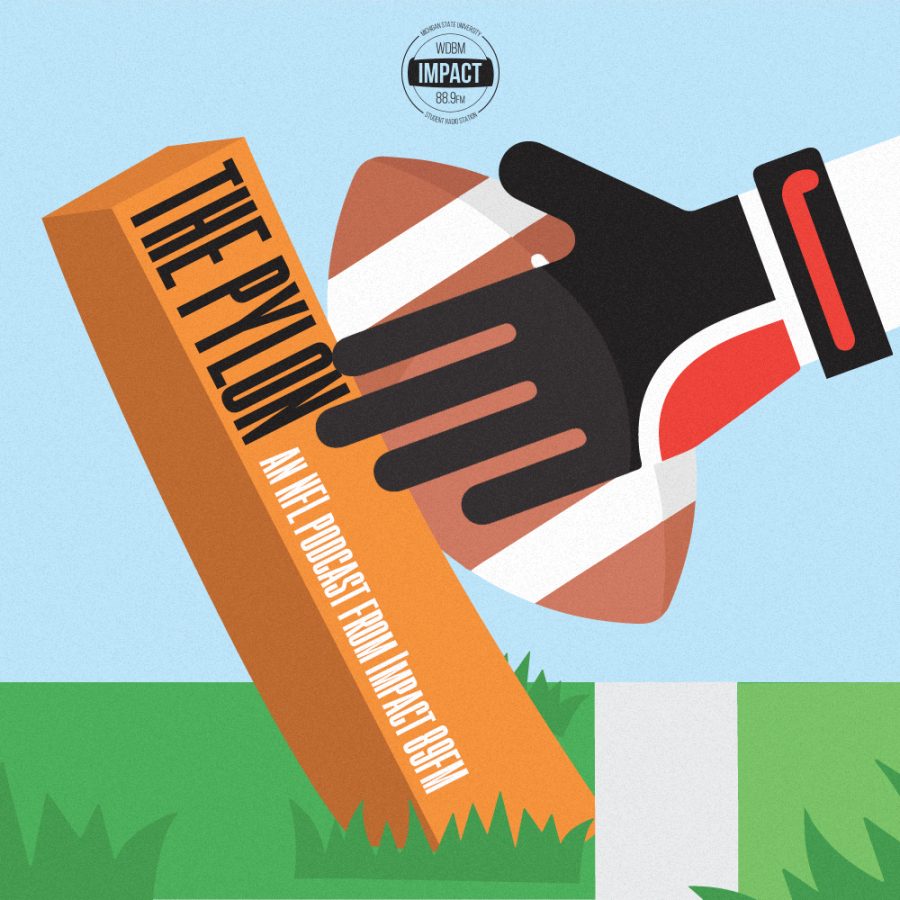Matriarchs of Music | Karen Carpenter
April 26, 2023
This year marks the 40th anniversary of Karen Carpenter’s death at the age of 32, a result of complications from anorexia nervosa. From the outside, Karen Carpenter looked like a rockstar. Playing the drums as one half of The Carpenters and possessing what Paul McCartney called “the best female voice in the world,” Karen Carpenter’s smooth, melodic voice and heartfelt lyrics made The Carpenters one of the most successful groups of the early 1970s. However, stardom came at a steep price as she struggled with body image issues and eating disorders which caused her premature death on Feb. 4, 1983.
Born on March 2, 1950, in New Haven, Connecticut, Karen Carpenter moved with her family to Downey, California in 1963. With her on drums, her older brother Richard Carpenter on the piano and their friend Wes Jacobs on the bass and tuba, the trio won a battle of the bands at The Hollywood Bowl in 1966. Additionally, Karen and Richard Carpenter formed another band, Spectrum, with four fellow students at California State University at Long Beach that played several gigs before disbanding. Finally, in 1969, they began making music as a duo and shopped around several demo music tapes to different record companies. In 1970, they were signed to A&M Records as The Carpenters. This marked their rise to fame, but also the beginning of Karen Carpenter’s anorexia. Their first hit was a reworking of The Beatles song “Ticket to Ride” and was followed by a re-recorded version of Kurt Bacharach’s “Close To You,” which went on to sell over 1 million copies.
As the hits racked up, Karen Carpenter was pressured by both her brother and A&M Records to forgo her role as a drummer in order to become a more decorative frontwoman. Feeling exposed and self-conscious, she began a stringent diet and exercise regime. With her on lead vocals and her brother on piano and backup vocals, The Carpenters soon became one of the most successful groups of the early 1970s. They won three Grammy awards, embarked on a world tour and landed their own TV variety series in 1971 titled Make Your Own Kind of Music.
Before long, Karen Carpenter’s anorexia began to impact her music. The Carpenters had to cancel their 1975 European tour because she was too weak to perform. By summer of 1975, her weight had plummeted to 91 pounds, and she checked into Cedars-Sinai Medical Centre, which would be her first of many stays in the hospital.
For the next eight years, her weight would fluctuate, but she remained focused on her music. In 1979, when her brother was recovering from a quaalude addiction and entered rehab, she took the opportunity to record a solo album with Phil Ramone in New York. At 29 years old, Karen Carpenter was finally exploring her individuality as a musician. Encouraged by the positive reaction her album received in New York, she was excited to bring it to her record label. However, A&M Records rejected the album, and it wasn’t released until 1996, which was 13 years after Karen Carpenter’s death.
Karen Carpenter spent most of 1982 seeking therapy for chronic anorexia from psychotherapist Dr. Steven Levenkron. In September 1982, she was admitted to intensive care at Lenox Hill Hospital, weighing just 77 pounds. After gaining some weight, she discharged herself and, in February 1983, went to her parents’ house to sort through some old clothes when she collapsed in a walk-in closet from cardiac arrest. Doctors revealed that her long battle with anorexia nervosa had stretched her heart to the breaking point. The music world was left reeling, and her untimely death came as a shock to many of her fans.
Karen Carpenter’s tragic death at only 32 years old marked the beginning of greater awareness about eating disorders and mental health. The Karen Carpenter Foundation, established in 1985 by her brother, Richard Carpenter, has been a driving force in promoting awareness of anorexia nervosa and other eating disorders. Karen Carpenter kept her battle secret, but many younger female singers — such as Taylor Swift, Kesha, Halsey and Lady Gaga — now critique that cultural idealization of thinness and the beauty standards imposed upon celebrities.
Karen Carpenter’s life and music continues to be celebrated over 40 years after her passing. Her songs, including “Close to You,” “Rainy Days and Mondays” and “We’ve Only Just Begun” remain classics of the era, and her legacy as a singer and songwriter lives on. She enchanted millions with her voice and performing ability while at the same time battling anorexia nervosa. With numerous timeless hits and a distinctive three-octave contralto range, as well as having furthered awareness surrounding eating disorders and mental health issues, Karen Carpenter is not a musician who will soon be forgotten. Her legacy has continued to grow in the decades since her death, as her music and message continue to inspire and impact generations of listeners everywhere.


































